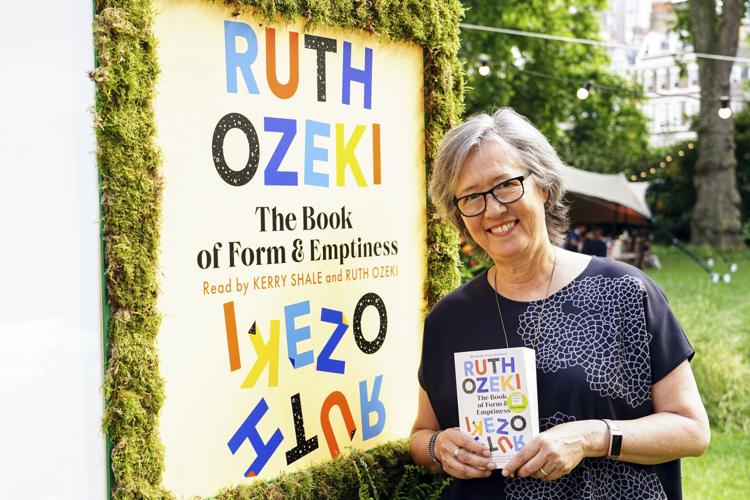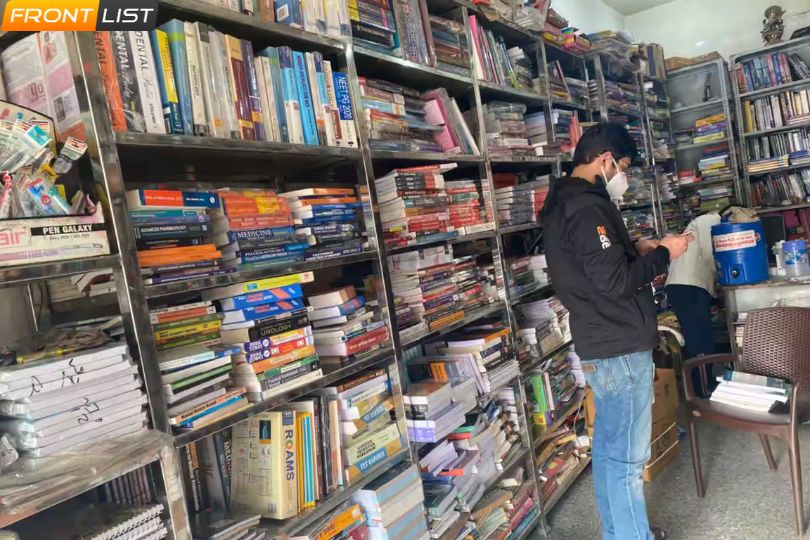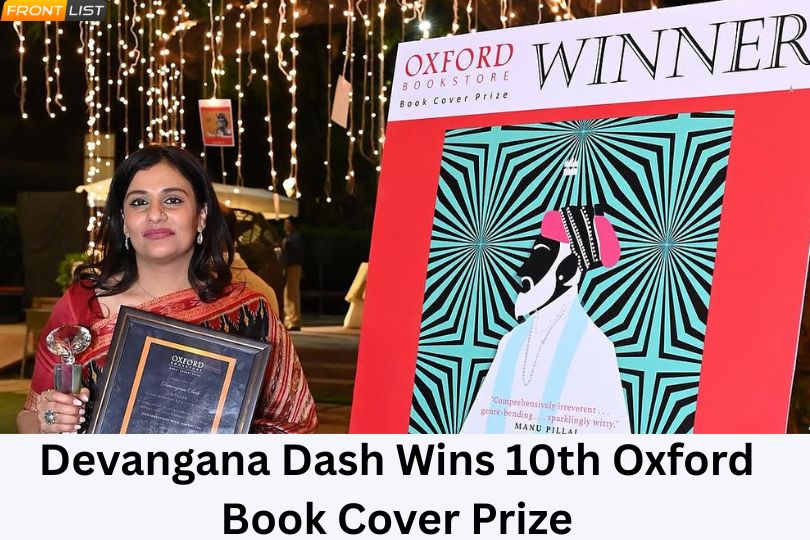"The Book of Form and Emptiness", Ruth Ozeki's fourth novel, has won the Women's Prize for Fiction
on Jun 16, 2022

According to the chair of judges, Mary Ann Sieghart, the novelist, filmmaker, and Zen Buddhist priest's book "stood out for its brilliant prose, warmth, intelligence, humour, and poignancy."
The story of 14-year-old Benny Oh, who begins to hear voices belonging to the things in his house following his father's death, is told in The Book of Form and Emptiness. Benny seeks refuge in the silence and tranquillity of a vast public library when his mother develops a hoarding problem. There, he encounters a slew of unusual personalities who educate him to pay attention to what truly matters.
Ozeki's "cool, dry, meticulous good humour and wit, her love relationships with linguistics and jazz and the ludicrous, her cautious optimism" were lauded in the Guardian review.
When she accepted the medal, Ozeki told the crowd it was "absurd" and that she didn't "win anything." She acknowledged the ladies and women's organisations who had helped her during her career in her address. "I wanted to call out the names of the women who have stood by me because now, more than ever, we need to speak out and rewrite the dominant narratives that have left us in such severe situations."
Ozeki told the Guardian that she was honoured to win, but said, "It's quite odd because any of the books on the long list and shortlist are totally deserved."
The Book of Form and Emptiness is a book about listening in part. Books, according to Ozeki, are "special in that when a reader reads a book, she's involved in a manner that she wouldn't be with a TV show or film." "You have to put yourself in the text," she advised. "There is a genuine dialogue between the reader and the writer." The book fails without the reader's genuine engagement."
Sieghart described the work as a "celebration of the power of books and reading," addressing "important questions of life and death" and being "a complete joy to read." Ozeki, she said, was a truly unique and excellent storyteller.
On the judging panel with Sieghart were journalist and editor Lorraine Candy, author Dorothy Koomson, journalist and author Anita Sethi, and broadcaster and writer Pandora Sykes.
Ozeki had previously been nominated for the Booker Prize for her novel A Tale for the Time Being, which was published in 2013. She is a member of the Everyday Zen Foundation and currently teaches creative writing at Smith College in Northampton, Massachusetts.
She was motivated to create the novel because as a youngster she "connected to items as if they were semi-sentient," and she continues, "Even now, I think about the stories that things could tell if only they could speak."
The Novel of Form and Emptiness was the longest book on this year's shortlist, which also includes Lisa Allen-The Agostini's Bread the Devil Knead, Louise Erdrich's The Sentence, Meg Mason's Sorrow and Bliss, Elif Shafak's The Island of Missing Trees, and Maggie Shipstead's Great Circle.
Ozeki receives a financial reward provided by an anonymous donor, as well as "Bessie," a limited-edition bronze figurine by Grizel Niven.
The Women's Prize for Fiction, formerly known as the Orange and later the Baileys prizes, was established in 1996 to honour "the greatest full-length book of the year by a woman" written in English and published in the United Kingdom.
Waterstones' head fiction buyer, Bea Carvalho, said it had been a "amazing year for women's fiction." Ozeki's novel had "stood out for its fun," and Carvalho was pleased to see Ozeki receive the honour.
"It's wonderful to see this love letter to books and reading win," she added. It's a wonderful present for bookshops." Carvalho expressed his desire to "promote Ruth's art to a wider audience."
Last year, Susanna Clarke won the award for Piranesi, her follow-up to Jonathan Strange & Mr Norrell. Zadie Smith, Madeline Miller, Ali Smith, and Kamila Shamsie are among the previous winners.



.jpg)






.jpg)

.jpg)

.jpg)
.jpg)

.jpg)










Sorry! No comment found for this post.